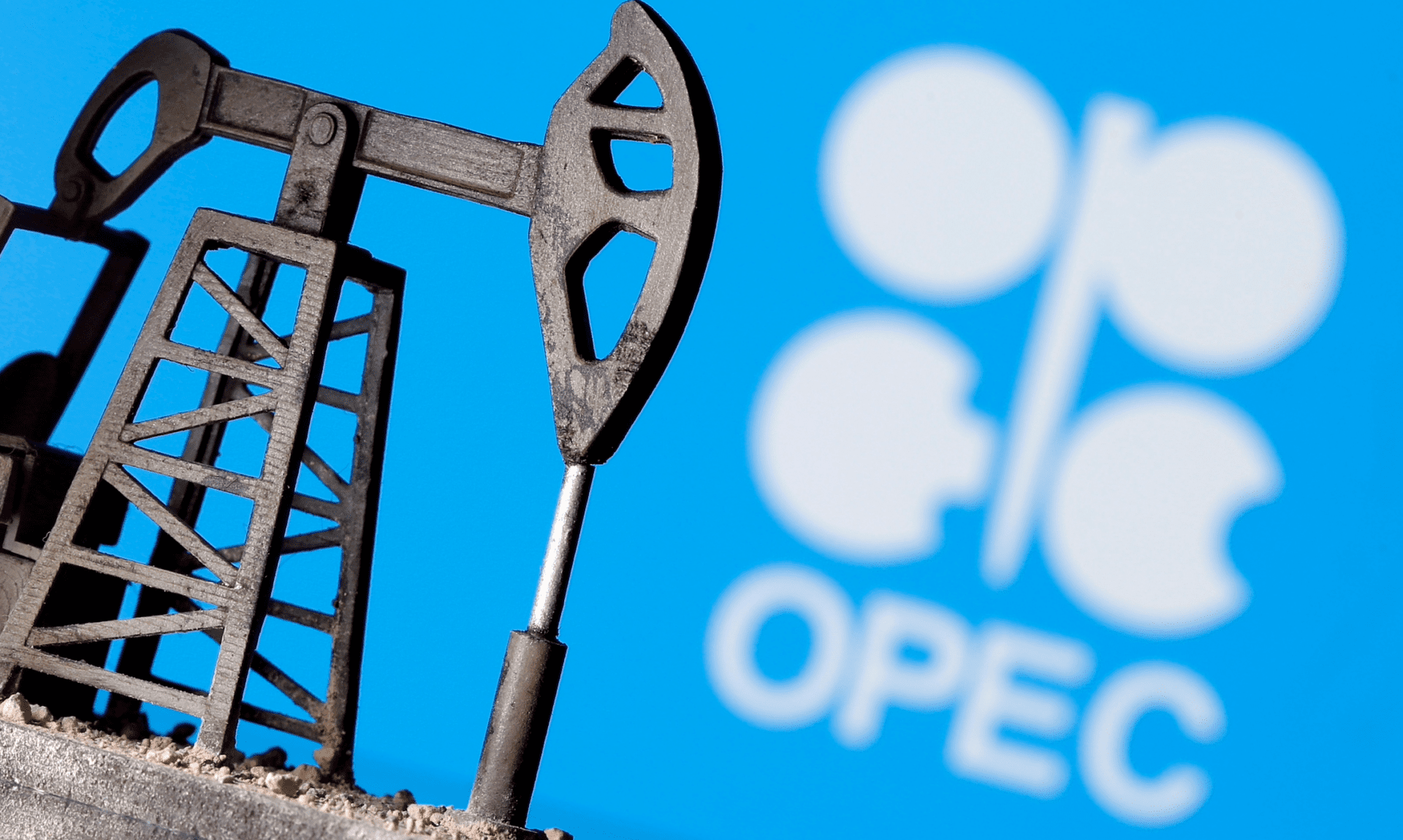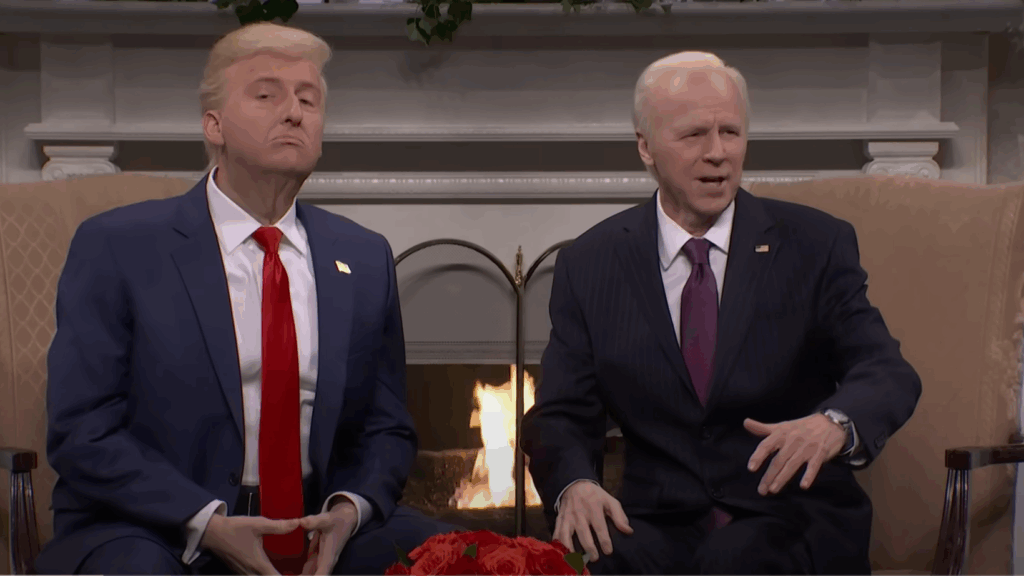The Russian-Ukrainian war that broke out in February has completely transformed the commodity market. Western countries have become even more interested in oil coming from the Middle East, and energy-rich states in the region are already making huge profits from the energy crisis caused by the conflict. However, democracy in these countries is just as scarce as it is in Russia, economics writer Gyula Szabó argued on Hungarian news website Index.
There have been several sanctions imposed by Western countries since Russia’s invasion of Ukraine, mainly targeting Russian sources of raw materials. As a result, the countries that imposed sanctions had to look for alternative suppliers. Thus, the Middle East became a desired energy source again. There were several glaring examples of the West turning toward the region to attenuate its energy needs:
President of the European Commission Ursula von der Leyen made a series of visits to the Middle East in mid-June to deepen cooperation in the field of energy supply. For example, on 15 June, the EU Commissioner signed a memorandum of understanding (MoU) with Egypt and Israel on Israeli gas exports to the EU to reduce heavy dependency on Russian energy. Ms Von der Leyen called the MoU a ‘historic agreement’ as the first direct deal between Brussels and the Jewish state allowing significant exports of Israeli gas to the EU.
On 20 May, Germany, the biggest economy in the EU, also signed a declaration with Qatar aiming to deepen their energy partnership, with a focus on trade in hydrogen and liquefied natural gas (LNG). According to recent press reports, German utility companies RWE and Uniper are close to striking long-term deals to buy liquefied natural gas (LNG) from Qatar’s North Field Expansion project.
US President Joe Biden, ahead of his July visit to the region, stated that a more secure and integrated Middle East has many benefits and is essential for global trade and supply chains. He said the region’s ‘energy resources are vital to mitigate the impact of the Russian war in Ukraine on global supplies.’ One of the unspoken aims of the President’s trip was also to persuade Saudi Arabia to increase its oil production, thereby increasing exports and pushing the market price of oil down for Europe and the US. In short: he did not succeed.
Middle Eastern countries could gain a total of $1,300 billion in extra revenue over the next four years
The International Monetary Fund (IMF) calculates that Middle Eastern countries could gain a total of $1,300 billion in extra revenue over the next four years. The IMF estimates that the region’s oil and gas exporters, particularly the Gulf countries, are likely to make substantial profits from the higher prices. Alternatively, they could find themselves in the gateway to new opportunities as a result of changed trade relations. While Russia has been able to increase its oil exports to Asian countries, it may eventually find it more difficult to export gas, because of the inflexibility of its supply.
Jihad Azour, the IMF’s director for the Middle East and North Africa, said Gulf countries should use these windfall revenues to ‘invest in the future’. He predicts that the Gulf Cooperation Council, whose members include the UAE, Saudi Arabia, Kuwait, Bahrain, Oman and Qatar, will collectively increase economic growth by 6.4 per cent this year.
Business as Usual
Saudi Arabia’s largest state-owned energy company, Saudi Aramco increased its profits by 90 per cent in the second quarter of the year. Regarding this, Hungarian security policy expert Robert C. Castel highlighted a very important point to Index. Europe is facing a serious energy deficit because of the Russian energy boycott, he noted. The global energy market is a seller’s market, not a buyer’s one, so the terms are not dictated by European buyers but by the Middle Eastern sellers. He cited the example of Saudi Arabia, which has become a major energy importer, buying significant quantities of Russian oil and selling it at a significant markup to Europe. Thus, Saudi Arabia is in fact financing the Russian war machine. It follows that the winners in the short and medium term, also at the policy level, are the Middle Eastern energy exporters, Mr Castel argued.
In the context of this energy trade transformation, he noted that there seems to have been less European criticism of human rights, women’s rights and gay rights violations in the Middle East states of late, indicating that the West is willing to turn a blind eye to the abuses of these otherwise constantly underlined rights when it comes to its energy security. Robert C. Castel also highlighted another point that helps understand the complex situation: ‘Outside Israel, the average Middle Easterner is reflexively anti-Western and either neutral or pro-Russian in the current conflict. In these countries’ collective consciousness, the West is the eternal coloniser, and this has been the case since Napoleon’s Egyptian campaign to the present day.’
The extra revenues from increased energy exports will surely not be spent on economic development
Several international experts have pointed out that growing energy exports from Iran mean that the Persian state will have more money to spend on its assertive Middle Eastern adventures, to sponsor regional terrorism and to arm itself. The extra revenues from increased energy exports will surely not be spent on economic development, as the IMF expects, but on missiles. It is also an interesting question how oil from the Middle Eastern region, such as Iranian oil, will physically reach the Western countries, as Iran, for instance, is currently surrounded by hostile countries.
Not Exactly Democracies
Saudi Arabia is a big player in the West in terms of energy, even though Saudi oil accounts for less than 10 per cent of European imports. The country has a great deal of influence on OPEC’s activities and therefore on the world market. But Saudis have also faced numerous human rights issues in recent decades. The coalition led by Riyadh is engaged in a very bloody war in Yemen that has already claimed thousands of lives, not to mention that Saudi authorities also repress liberal thinkers and human rights activists. The most notorious example of this behaviour was the assassination of Jamal Khashoggi by agents of the Saudi government. The Saudi dissident, journalist, and Washington Post columnist was murdered at the Saudi consulate in Istanbul, Turkey and investigations suggest that the order to kill him had probably come from Saudi Crown Prince Mohammed bin Salman himself.
The United Arab Emirates is also an oil-rich monarchy. The country is ruled by emirs in an absolute manner. The most recent Freedom House report put the country in the ‘not free’ category. All three branches of power are in the hands of seven hereditary rulers. Strict laws regulate the media, and many have been imprisoned for calling for political reform.
Kuwait, the fourth largest oil producer of OPEC, has increased its crude oil production to ensure a secure supply of crude to international markets, as recently announced by Kuwaiti Oil Minister Mohammad Al-Faris. Kuwait has been classified as ‘partly free’ by Freedom House’s 2022 report. The constitutional monarchy restricts freedom of speech and assembly. Kuwaiti law punishes statements that are critical of the Emir and that insult Islam.
Iran has the largest natural gas reserves in the world and is also a founding member of OPEC. Iran is currently under sanctions for its nuclear programme. Tehran severely represses its people, and the country is governed by Sharia law under Ayatollah Ali Khamenei. Very strict religious standards in the country severely restrict women’s rights to self-determination. It is accused of numerous human rights violations and Iranian forces are deeply involved in the Syrian civil war and Yemen, but Tehran also actively supports Iraqi and Lebanese terror organisations such as Hezbollah.
Qatar, despite its small territory, has one of the world’s largest oil and natural gas reserves, for which there is now huge demand, valorising the country in the eyes of the West. The state is a de facto absolute monarchy, with the Emir of Qatar both head of state and head of government. The Qatari emir has executive and legislative powers, so there is no question of any checks and balances, while religious law is the main source of Qatari legislation.
European leaders need to understand that if money paid for energy ends up in the wrong hands, it can lead to nuclear armament, wars, and waves of mass migration, Robert C. Castel argued, stressing that energy is a strategic weapon. He highlighted that it is only in Europe’s interest to have cheap energy in the markets—everyone else, including Russia and Middle Eastern energy exporters, wants exactly the opposite.








